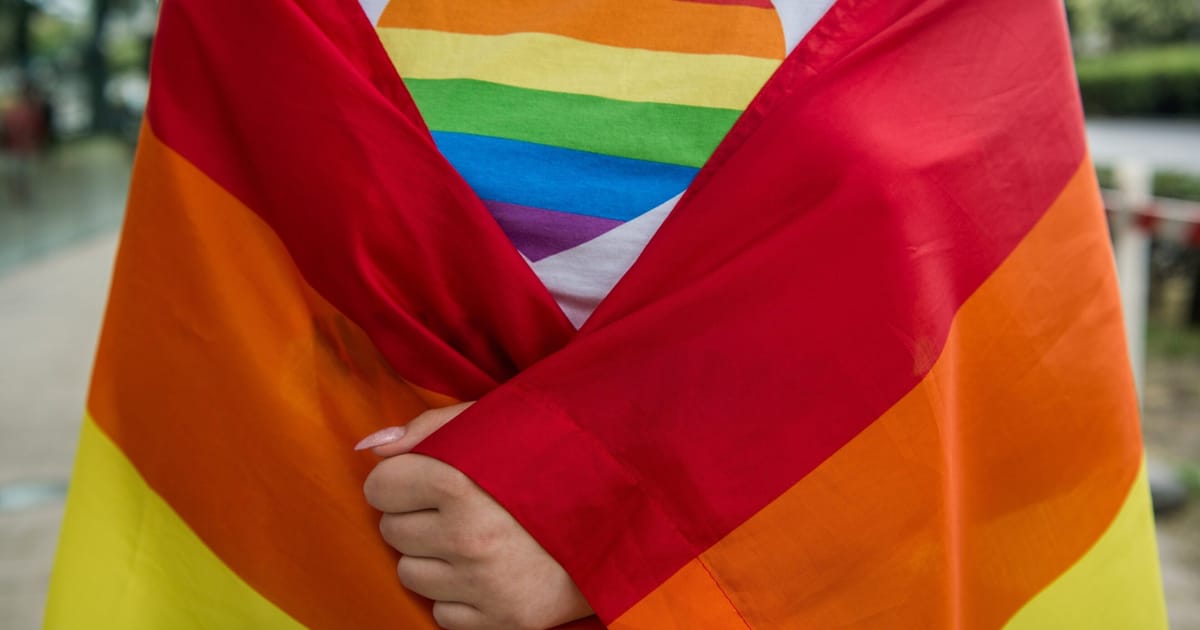

Amidst a vibrant display of color and unity, tens of thousands of individuals gathered in the heart of Budapest to take part in the annual Pride march, resolutely defying a government-imposed ban. Their peaceful demonstration, marked by an array of Pride flags and signs advocating freedom and equality, highlighted a deep commitment to democratic principles and personal liberties.
Despite the Hungarian government’s official decree to restrict the Pride march, organizers and participants displayed remarkable resilience, drawing support from both local leaders and the international community. The city’s mayor openly encouraged citizens to participate, urging them to stand together boldly for freedom, dignity, and equal rights. This collective determination served as a poignant reminder of the enduring spirit of solidarity and courage.
The restriction of the Pride march is part of broader governmental efforts to limit democratic freedoms, particularly as Hungary approaches a significant election year. Such measures have been met with domestic and international criticism, with officials in Spain specifically denouncing the European Commission for its perceived inadequacy in addressing the actions of Hungary’s leadership. Spanish authorities have called for a stronger stance from Brussels, emphasizing the need for definitive action to protect the rights and liberties of all individuals.
In Budapest, the atmosphere remained peaceful and jubilant, with participants taking careful steps to ensure a harmonious procession. As they moved through the city’s streets at a leisurely pace, they demonstrated both a commitment to their cause and a respect for maintaining public order. The presence of such a large, peaceful crowd highlighted the widespread support for the LGBTQ+ community and the shared belief in the importance of standing firm against restrictive measures.
The events in Hungary have sparked conversations across Europe about the role of governmental policies in regulating public demonstrations and the responsibility of European institutions in upholding democratic values. This ongoing dialogue reflects a collective pursuit of justice and equality, underscoring the importance of a unified voice in advocating for fundamental human rights.
At the same time, other parts of Europe are witnessing parallel demonstrations advocating for different causes. In Lisbon, hundreds took part in a protest organized by Casa para Viver, an association focused on the right to housing. Demonstrators articulated their stance that housing should serve a social function rather than being treated merely as a commodity, demonstrating yet another facet of the broader European pursuit of rights and equality.
Together, these demonstrations, while distinct in their specific goals, share a common thread of upholding human dignity and advocating for fair treatment. They underscore the resilience of people coming together to support causes they hold dear, despite challenges and restrictions. The peaceful and powerful expression of unity observed in these marches serves as a testament to the enduring strength of community and the shared desire for a future that honors and respects all individuals.
As we reflect on these events, it is clear that the spirit of solidarity and peaceful protest continues to thrive, championed by those who believe in a more inclusive and equitable world. These movements remind us that, even in the face of adversity, a unified and determined effort can illuminate the path forward, offering hope and inspiration for the future.
Source: {link}
